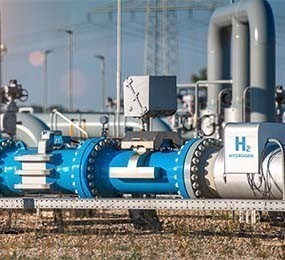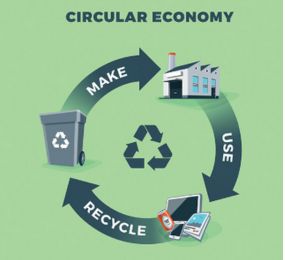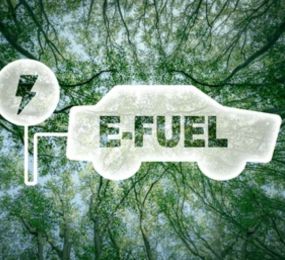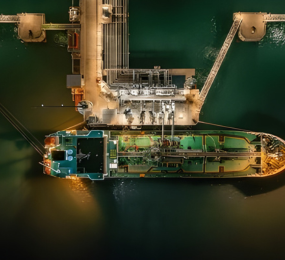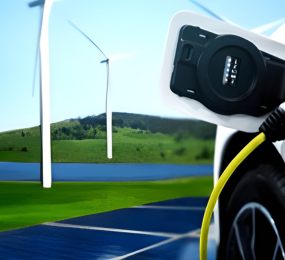E-fuels' potential as future fuels
E-fuels are renewable, climate-friendly, and may be utilized as energy carriers and feedstock; they are the most sustainable approach to meeting the energy demand of a developing global economy and will play a major part in a future energy system optimized. Methods for producing these types of fuels have been established and tested in several installations across the world, but procedures have not yet been scaled up to industrial size, and manufacturing costs for e-fuels are now expensive, as with any developing technology. It is vital, along with the growth of technological features, to create industrial synergies in order to minimize costs in an effort to access the market.
Presently, there is a multidisciplinary technological know-how with abilities that span the whole e-fuels value chain; future development projects may comprise operations on laboratory size and on prototype and pilot plant scale covering varied TRL value. Technical, economic, and environmental feasibility assessments, as well as process and predictive analysis.
E-Fuels, also known as electro fuels or power fuels, are technologies that convert (renewable) electrical power to a gaseous or liquid energy carrier. Renewable fuels can be most successfully promoted if they can be separated from more polluting energy sources. As a result, the Commission will endeavor to establish a complete nomenclature and a European certification system for all renewable fuels. Many conversion approaches for e-fuel generation have been found. Electrical power is transformed to hydrogen via the electrolysis process, allowing energy to be decoupled from the electricity sector and used in other industries.
Hydrogen may then be used directly as a fuel or reacted with CO2 or nitrogen to generate a variety of gaseous or liquid fuels. There are two types of power conversion: power-to-liquids and power-to-gas. If the power utilized originates from renewable sources, the output is carbon neutral in all paths.
E-fuels have several advantages, including the ability to reduce carbon emissions, becoming carbon neutral, utilizing existing infrastructure, and, most crucially, utilizing the existing vehicle fleet [1]. They have a high energy content per mass and may be transferred and stored in liquid or gaseous state indefinitely without losing energy. They ensure the energy system's security and dependability. Because of their storability and mobility, these fuels can be stored in sufficient quantities to be used in the event of a blackout or other supply issues with conventional energy carriers. Its production and deployment must be increased to realize their full potential in combating climate change.
Visit our website to know more: https://www.leadventgrp.com/events/future-fuels-europe/details
For more information and group participation, contact us: [email protected]
Leadvent Group - Industry Leading Events for Business Leaders!
www.leadventgrp.com | [email protected]


